Living Science books add in-depth studies of scientific discoveries, scientists, and the inspiration and history surrounding them to your homeschool. Here is a list of books to add to your living science home studies.
We love science! And while we use textbooks as our science “spine”, we love using living books to supplement and learn and explore new ideas. Living books are especially appealing to gifted and twice exceptional learners. Mr. T is extremely adept at science and loves inventing, engineering, and learning about whatever subject is currently of interest. Using living books helps us to keep his interest piqued and allows me to enjoy reading aloud the selections that match whatever we are studying.
Why Use a Living Books Curriculum for Science?
Science is such a rich subject with so many interesting people that have contributed. When you utilize living literature to study science, you get to learn about the science and the people who discovered it: where they lived, when they lived, what historical events influenced them, how they traveled, what inspired them, and so much more! It is truly a way to immerse your students in the wonder of discovery.
Get your free Science Book Log and Science Book Report Outline by adding it to your cart here and completing the checkout process.
Seven Living Books for Science
Living books come in many forms besides historical fiction. You can find plenty of living books that will appeal to your budding scientist. Clear off a shelf and get ready to fill it up with this living books list to spark curiosity in science.
1. Galen and the Gateway to Medicine by Jeanne Bendick
Galen was the medical authority for over thousand years. This biography will take your children through Galen’s exciting life as a physician to emperors and traveler in the 2nd century in Rome. Galen will inspire young students and keep them interested in learning more about the history of medicine.
2. Along Came Galileo by Jeanne Bendick
Galileo was a curious man who asked questions like “does the earth stand still?” or “can you measure heat?”. His curiosity led him to become one of the most important figures in science during the Renaissance. He was a man ahead of his time and the first man to ever see the sky through the lens of a telescope. Galileo invented the compound microscope, the thermometer, pendulum clock, among other things. Your children will be delighted to learn about this amazing man.
3. The Fossil Book by Gary Parker
Children will learn the origins of fossils, identification of fossils, age of fossils, how to start their own fossil collection, and much more in this must-have book for fossil lovers.
4. Carry On, Mr. Bowditch by Jean Lee Latham
Nathaniel Bowditch was an 18th century sailor and mathematician who was once told he was too small to sail and ended up being a New England hero of sea navigation. Not only will your children learn about sea navigation but will learn how perseverance led this man to become an important figure in science.
5. A Piece of the Mountain: The Story of Blaise Pascal by Joyce McPherson
Pascal’s story is not simply about becoming one of the most important scientists in the 1600s but about his conversion to Christianity and becoming a Christian apologist. Many homeschoolers consider his story to be one of the most successful homeschool stories. This book makes a fantastic read aloud for the whole family.
6. The Mystery of the Periodic Table by Jeanne Bendick
Your children begin an adventure on page one. They are brought through a journey of the discovery of the elements on the periodic table. The book makes learning the periodic table of interest and accessible to all students. Best use for children from 6th grade and up.
7. Crucibles: The Story of Chemistry by Bernard Jaffe
A wonderful introduction to chemistry in a series of biographical segments rather than a dry textbook. It covers a lot of ground but in a way that is interesting and easy to manage.
Books for your Science Living Books Library:
The Story of Science What’s Science All About?
What’s Science All About? Illustrated Dictionary of Chemistry
Illustrated Dictionary of Chemistry First Encyclopedia of Oceans
First Encyclopedia of Oceans Story of Inventions
Story of Inventions Illustrated Dictionary of Biology
Illustrated Dictionary of Biology What’s Physics All About?
What’s Physics All About? Understanding Your Brain
Understanding Your Brain The Story of Astronomy
The Story of Astronomy


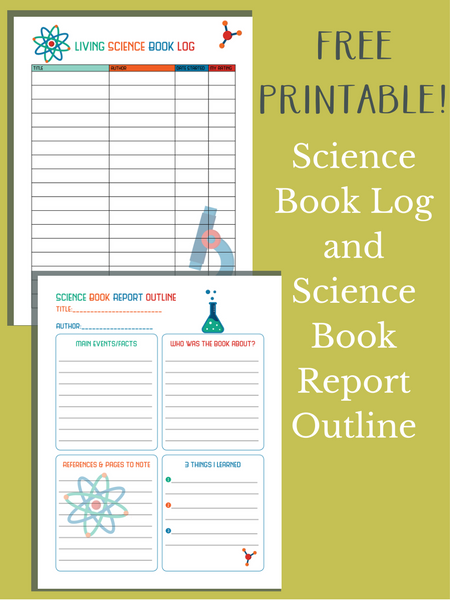
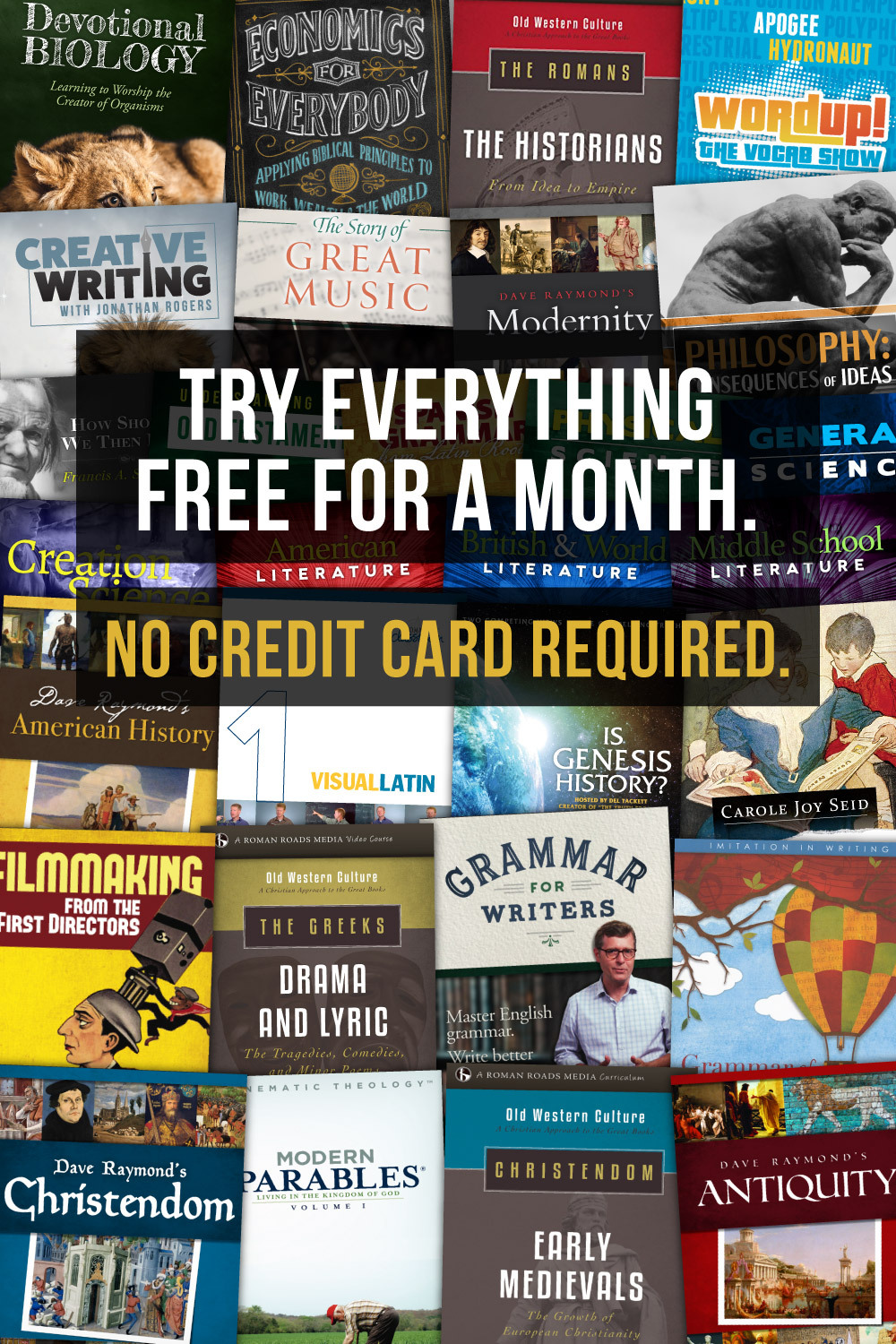
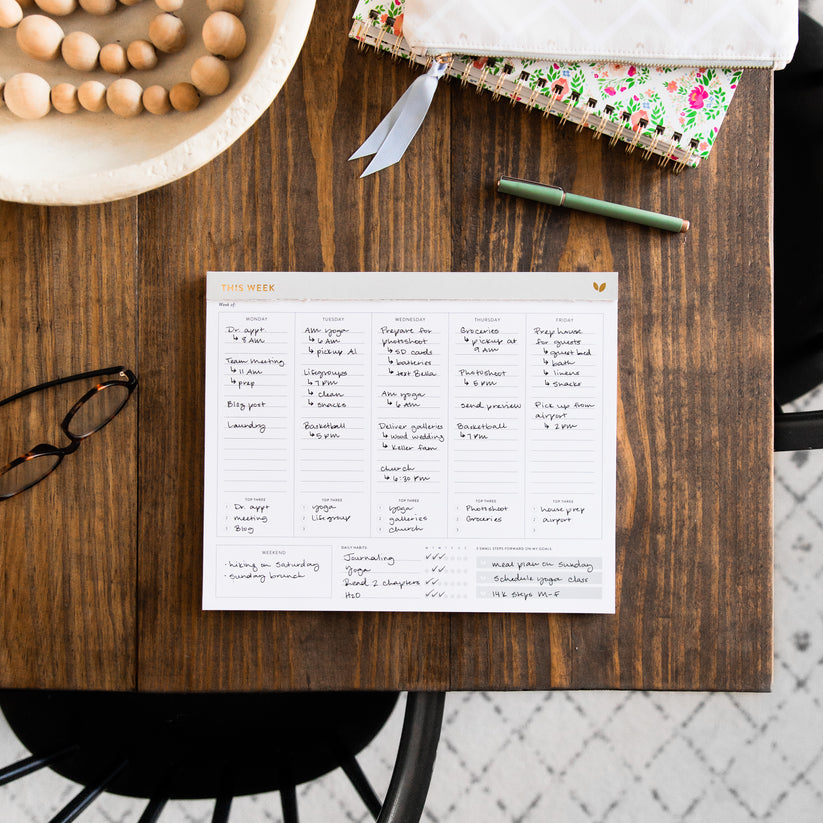
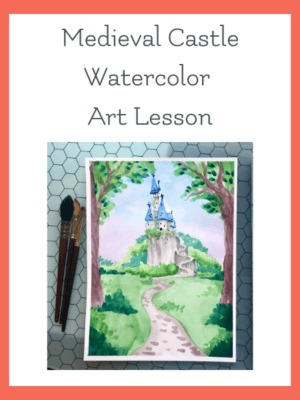
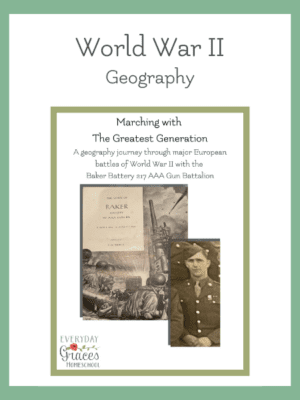
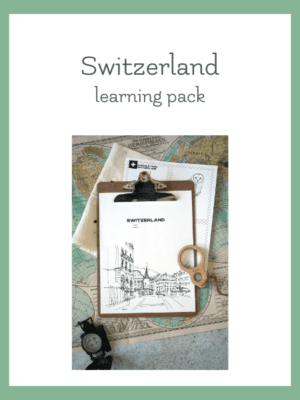

Which ones would you suggest for a 6 year old?
We read aloud most of our living books and my boys, 7 and 4, love to listen to them all. I don’t think you will go wrong with any of these books. Along Came Galileo is a really fun one! I would start with that one if I had pick 🙂
We love living science books! True writers who write with passion are way better than textbooks any day!